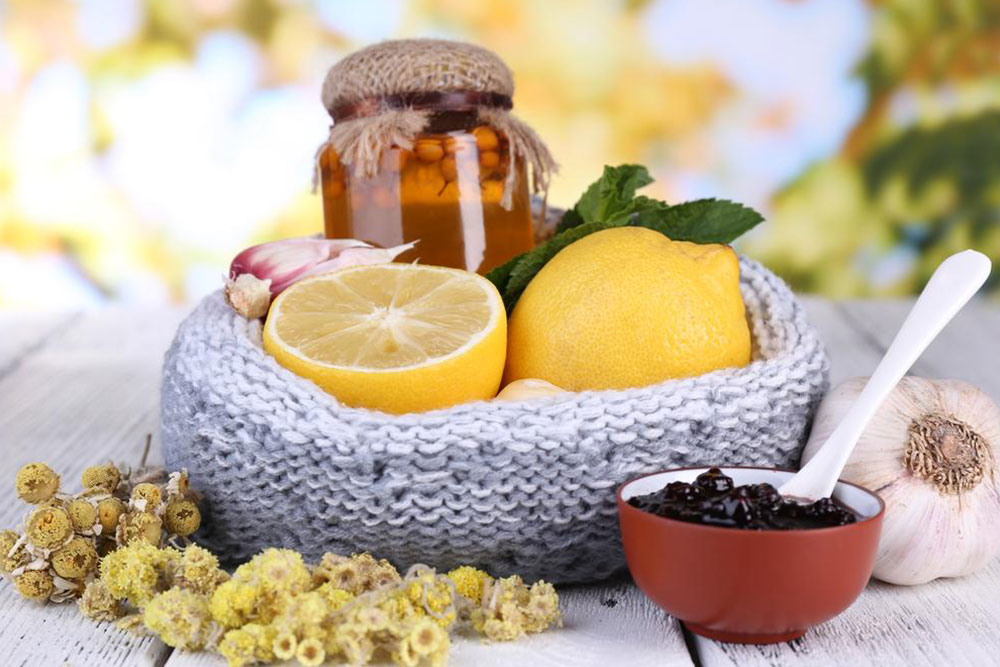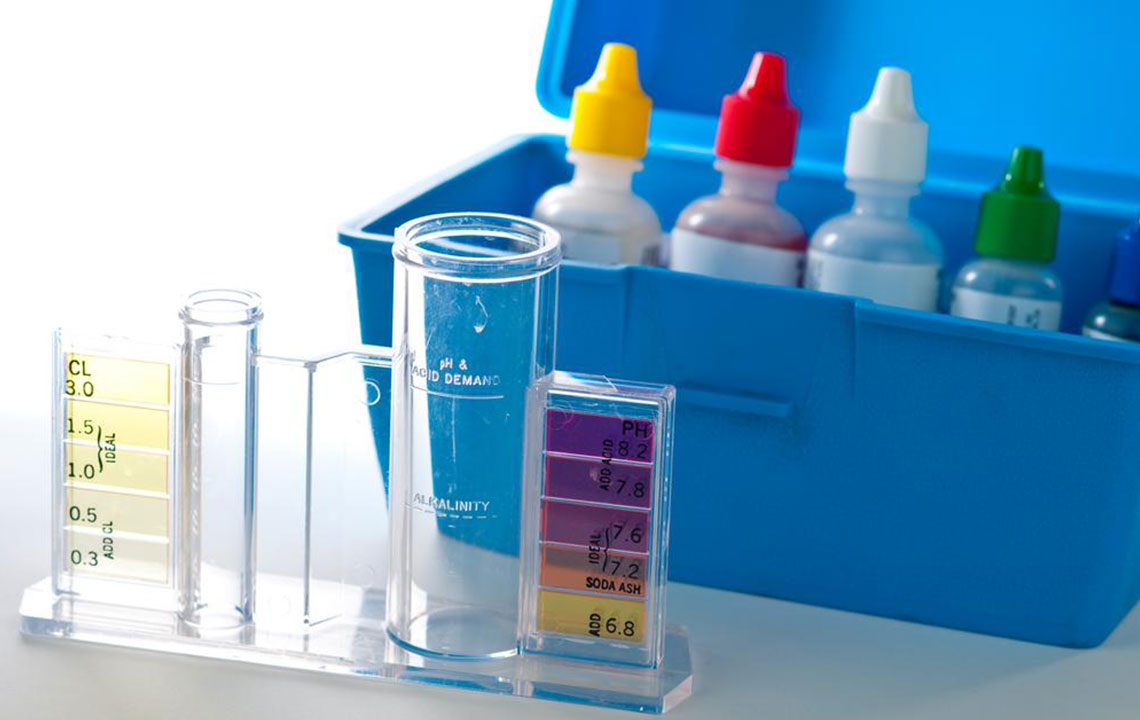Comprehensive Guide to Naturally and Medically Managing Uric Acid Levels
This comprehensive guide explores effective strategies for managing uric acid levels naturally and medically. It emphasizes the importance of hydration, diet, natural remedies like lemon juice and baking soda, and medical intervention for preventing gout and kidney problems. Proper management of uric acid involves lifestyle changes complemented by professional healthcare to ensure optimal health and avoid complications.

Effective Strategies for Reducing Uric Acid Naturally and with Medical Assistance
Elevated uric acid levels, medically known as hyperuricemia, result from an imbalance between uric acid production and its elimination from the body. When the body produces excessive uric acid or when the kidneys struggle to excrete it efficiently through urine, it can accumulate in the bloodstream. This accumulation often leads to the formation of uric crystals within joint tissues, which causes gout—a condition characterized by sudden, severe pain, swelling, and redness in affected joints. Over time, persistent high uric acid levels can also threaten kidney health, increasing the risk of kidney stones and renal impairment.
Managing uric acid levels effectively requires a multifaceted approach that includes both lifestyle modifications and medical interventions. Here, we explore comprehensive methods that combine home remedies, dietary adjustments, and medical strategies to help prevent complications associated with hyperuricemia.
One of the foundational steps in managing uric acid is maintaining optimal hydration. Drinking sufficient water—aiming for at least 8 to 12 glasses per day—significantly aids in flushing out excess uric acid from the bloodstream through the kidneys. Proper hydration not only reduces uric acid concentration but also enhances the efficacy of prescribed medications aimed at controlling uric acid levels.
Lemon juice and Vitamin C – Lemon juice is rich in citric acid, which facilitates the dissolution of uric acid crystals and promotes their elimination through urine. Consuming diluted lemon juice twice daily can be highly beneficial for regulating uric acid levels. Additionally, incorporating vitamin C-rich fruits such as oranges, amlas (Indian gooseberries), and strawberries supports the reduction of serum uric acid concentrations. Vitamin C enhances renal clearance of uric acid and acts as an antioxidant to reduce inflammation caused by uric acid crystals.
High-fiber diet – Including fiber-rich foods like oats, bananas, apples, and whole grains in your daily diet plays a crucial role in uric acid management. Dietary fiber absorbs uric acid in the digestive tract and facilitates its excretion via stool, thus lowering blood levels. A fiber-enriched diet not only helps with uric acid control but also contributes to overall digestive health and weight management, which are important factors in managing hyperuricemia.
Fruits and vegetables – Emphasizing antioxidant-rich produce such as tomatoes, bell peppers, spinach, and leafy greens can reduce inflammation and joint stiffness associated with high uric acid levels. These foods contain flavonoids and phytochemicals that inhibit inflammatory pathways. Moreover, their alkaline nature helps balance urinary pH, preventing uric acid crystallization and promoting overall metabolic health.
Baking soda therapy – Baking soda (sodium bicarbonate) is a natural alkaline compound that can be used safely in moderation to help lower uric acid levels. Dissolving a teaspoon of baking soda in a glass of water daily can assist in neutralizing excess acid in the body and improving kidney function. However, individuals with high blood pressure or kidney disease should consult a healthcare provider before using this remedy, as baking soda can impact fluid and electrolyte balance.
In addition to these natural remedies, strict adherence to medical guidance is essential. Regular blood tests to monitor uric acid levels, and taking prescribed medications such as allopurinol, febuxostat, or uricosuric agents as directed by a healthcare professional, ensure effective management. It is also vital to follow specific dietary guidelines tailored to reduce uric acid, such as limiting purine-rich foods including red meats, organ meats, shellfish, and certain alcoholic beverages.
Overall, a holistic approach combining hydration, dietary modifications, natural remedies, and medical treatment optimizes uric acid control and helps prevent gout attacks, kidney stones, and other related health issues. Consulting healthcare professionals regularly ensures personalized care, ongoing assessment, and adjustment of treatment plans for the best health outcomes.





